Eliot and Eric welcome the husband and wife team of Peter Baker of New York Times and Susan Glasser of The New Yorker to discuss their new book, The Divider: Trump in the White House, 2017-2022. They discuss the chronic dysfunction of the Donald Trump national security team, the relationships among James Mattis, H.R. Master, John Kelly, John Bolton, Mike Pompeo, and other senior officials, Trump’s fixation on Vladimir Putin and other strongmen, and civil-military relations under Trump. They conclude with discussing Trump’s foreign policy legacy.
Shield of the Republic is a Bulwark podcast co-sponsored by the Miller Center of Public Affairs at the University of Virginia. Email us with your feedback at shieldoftherepublic@gmail.com.
The Divider by Peter Baker and Susan Glasser (https://www.amazon.com/Divider-Trump-White-House-2017-2021/dp/038554653X)
Sarah Longwell’s Focus Group Podcast (https://thefocusgroup.thebulwark.com/)
Tom Wright’s Politico Essay on Trump and Bob Taft (https://app.slack.com/client/TF4LKCU3G/D03NJE7BA83)
January 6 Committee Report (https://www.govinfo.gov/content/pkg/GPO-J6-REPORT/pdf/GPO-J6-REPORT.pdf)
Cassidy Hutchinson’s Testimony’s Transcript (https://www.documentcloud.org/documents/23506946-cassidy-hutchinson-jan-6-committee-transcript)
Learn more about your ad choices. Visit podcastchoices.com/adchoices


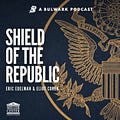









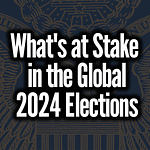

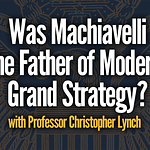

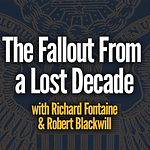


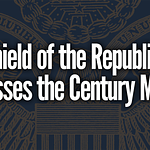

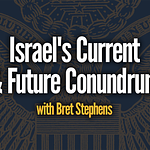
Divided They Stood